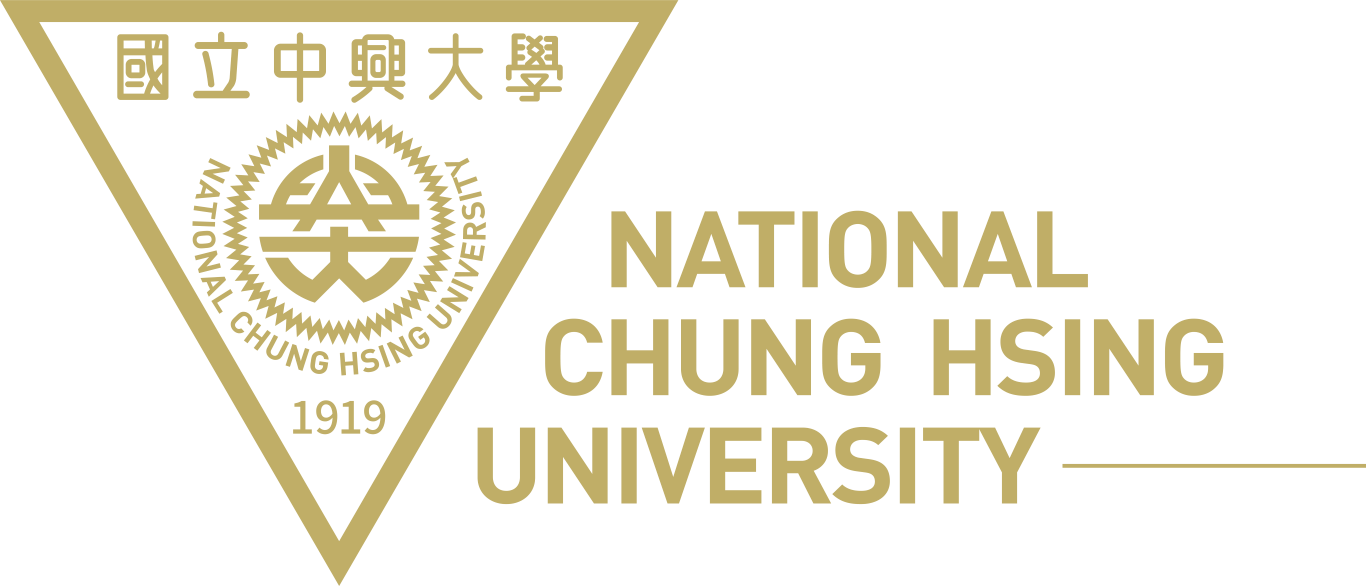I am interested in a spot at the Startup@NCHU Innovation Center. How can I apply?
1. Eligibility check
At least one member of each startup team must be an NCHU faculty member, student, or graduate within the last five years. This individual must be a core member of the team.The startup team must have a creative product prototype or innovative business model and have completed a preliminary startup proposal, or possess an entrepreneurial technical team with tangible R&D results (such as patents and technical know-how) that can be readily commercialized.
2. Preliminary inquiries
The startup team representative makes a preliminary inquiry with the Center to determine the team’s eligibility and whether space is still available.
If everything goes well, the startup team can begin to prepare the application documents.The startup team representative may call or visit the Center in person to make the necessary arrangements.
1) Application for the 3F Co-Working Space: Individual application form and team application form
2) Application for the 2F Entrepreneurship Offices: Business proposal3. Please email the application in electronic format to the Center (startup@nchu.edu.tw) and we will conduct a preliminary review of your application when it is received.

